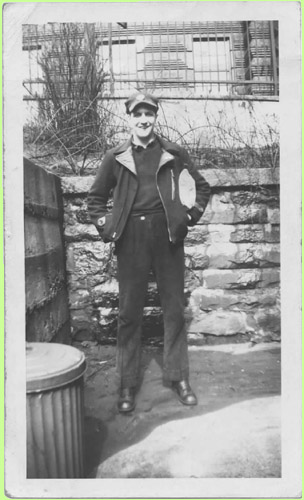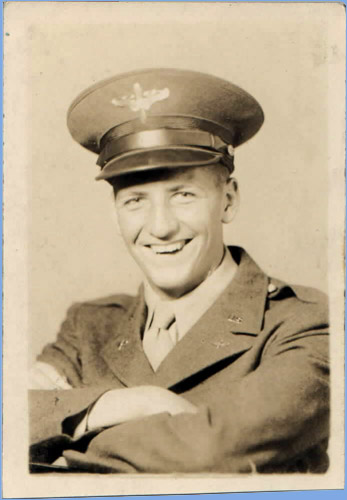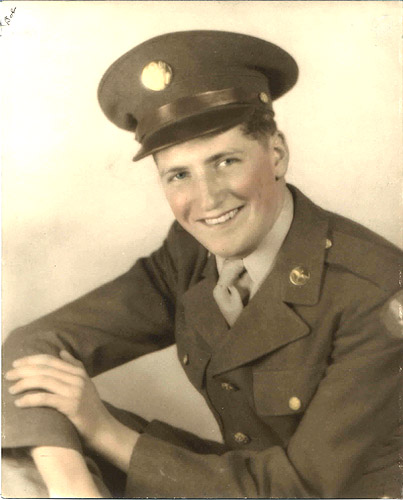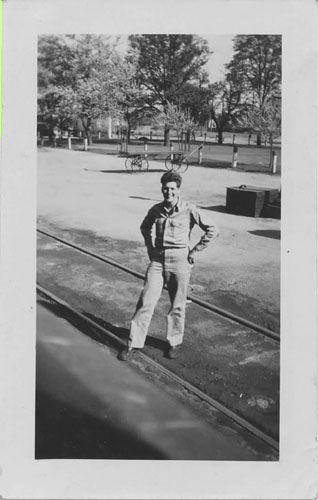
I worked as a hostler with a crusty older man named "Curly" who was open to sharing his experience. We were charged with maintaining the small 'dinky' engines which moved ladles and ingots through the plant. Our lunch break on the midnight shift took place upstairs near the roundhouse. We usually shared part of our lunches with the 'pet' rats which showed up.
A steel mill in winter is not a warm place except near the blast furnaces and one other place, the blacksmith's forge. When we needed thawed out, we'd stand rotating in front of the smithy's hot coals. If we got caught up with jobs on night shift, we'd climb the railroad tower and gab with the switchman in his cozy cubicle.
Curly gave me one chore to do on a full-sized steam engine. It evidently had developed a case of "mechanical pneumonia" since its boiler was in a reduced state of health. To bring the patient up to snuff, it was necessary to clear its lungs. 'Doc' Curly directed me to crawl into the cold firebox through the steel firedoors. Once inside, he handed me a work light and a high-pressure air hose with with a metal 'nipple' complete with a wide flange behind it. The front wall of the firebox had a honeycomb pattern of maybe forty open exhaust pipes through which the hot air of the coal fire entered the boiler to produce steam. My job was to insert the hose nipple into each pipe with the flange against the wall. A blast of air was then released into the pipe in order to clean the accumulated soot. Most times this forced the gook out the other end, but if a tight soot plug wasn't forced out, a backfire occurred. This event would fill the firebox with a dense dark cloud of sooty ash, enveloping me in a state of near-asphyxiation until the dust settled. Safety gear was limited to a large handkerchief bound over one's nose and mouth bandit-style. Claustrophobia, anyone?
I did have a chance or two to "engineer" this one full-sized steamer, usually moving it slowly along the rails to where we took on water. After riding a rocket on lift-off, I would think the greatest personal feeling of pure 'animal' power is that when pulling on the throttle of a steam locomotive.
Soon after my January birthdate, I enlisted in the Army Air Corps as an Aviation Cadet. Passed my physical in the old courthouse in Pittsburgh and was inducted in Greensburg. My last or near last pay envelope listed me as RA STUMPH from Works No. 22, Employee Number 28273. The pay period ending 3/13/43 showed 96 actual hours worked for a gross pay of $84.24. F.O.A.B was 84¢, group insurance was $1.10 and the victory tax was $3.01. My take-home pay from the Carnegie-Illinois Steel Corporation was $79.29. I continued working until I received orders to report for active duty on April 3, 1943 in Pittsburgh for the train ride to Nashville, TN. The popular song right then was "Don't Get Around Much Anymore".
[*Note: Sometime either before or after I enlisted, I learned of secret(?) rumblings by some members of Dad's congregation. It was thought by them that since my older brothers had not been taken into the service, my Dad had exerted some kind of influence to get them off. I don't know what they figured when I went in. Of course, they never knew that Dad himself had volunteered for chaplain service during WWI but was rejected due to family commitments.]
 St. Luke's
Evangelical and Reformed Church, 4th. St. and Camp Ave., Braddock, Pa.
- March 23, 1943 - "Dear Sir, Mr. Robert Stumpf, candidate for service
and training as he has made application, has asked me for a
recommendation which I am very happy to give as a neighbor. I have
known Robert Stumpf for the last ten years. His moral character is
100%, and he has been a leader of young people in his own church. I
have also observed his study habits, and they are also excellent. I
have never seen a bad habit in him, or in any conduct but what has been
exemplary. - Sincerely yours, (s) John A. Borger"
St. Luke's
Evangelical and Reformed Church, 4th. St. and Camp Ave., Braddock, Pa.
- March 23, 1943 - "Dear Sir, Mr. Robert Stumpf, candidate for service
and training as he has made application, has asked me for a
recommendation which I am very happy to give as a neighbor. I have
known Robert Stumpf for the last ten years. His moral character is
100%, and he has been a leader of young people in his own church. I
have also observed his study habits, and they are also excellent. I
have never seen a bad habit in him, or in any conduct but what has been
exemplary. - Sincerely yours, (s) John A. Borger"

